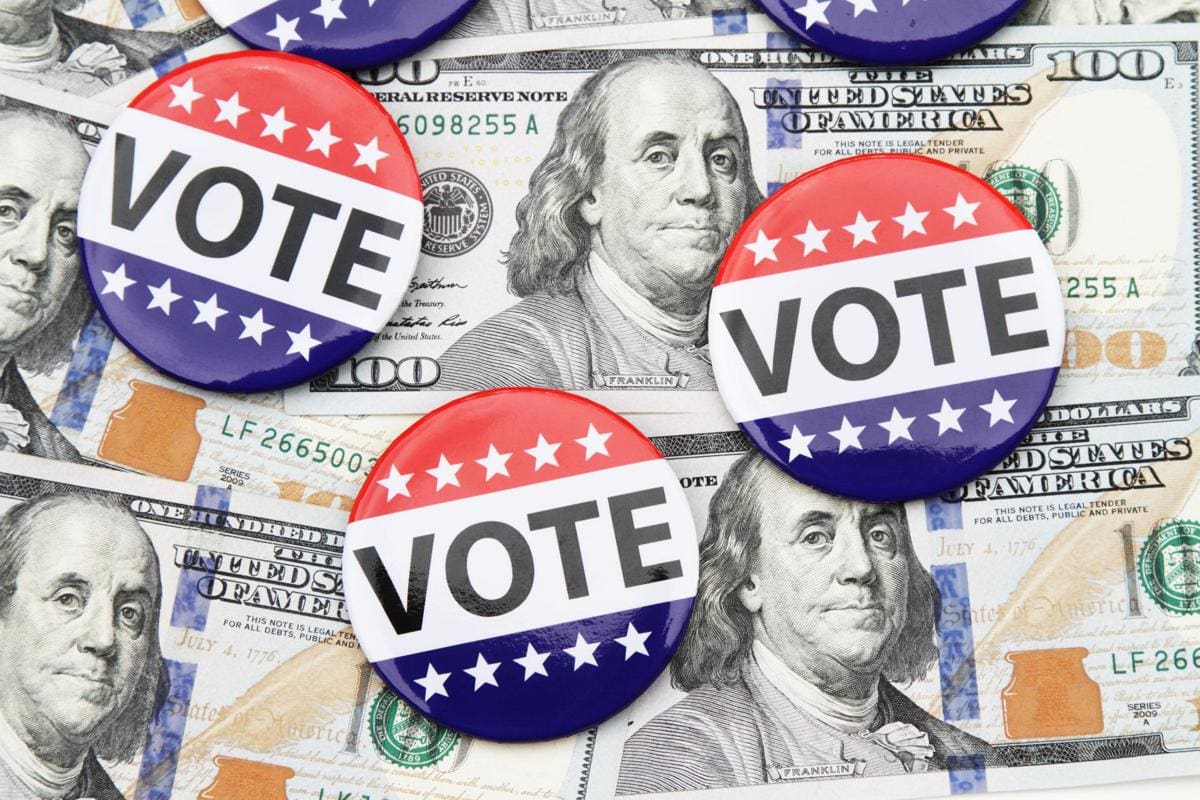When the State of California says it’s too expensive, it should grab your attention. A recent study conducted by a group of experts determined that California taxpayers can’t afford a new high-speed rail system – but that news is unlikely to stop the calls for high-speed trains between Texas’ metropolitan centers.
According to the Texas Watchdog, the California High-Speed Rail Peer Review Group concluded that “in almost every way imaginable [California’s] taxpayers could not afford a $98.5 billion bullet train system.” Not that it’s any surprise California can’t afford another boondoggle… but it is newsworthy given that the California state auditor, state inspector general, the Institute of Transportation Studies at Cal-Berkeley, and the U.S. House of Representatives Transportation Committee all came to the same conclusion.
But don’t expect the same sudden rush to fiscal sanity by big-spenders in Texas, who have pushed for similar boondoggles in the Lone Star State. Studies alone have already cost $25 million of federal funds to learn what impact high-speed rail might have between Houston to Dallas/Fort Worth and Austin to San Antonio.
 The line proposed from north of Austin into San Antonio is estimated to cost $1.5 billion from the onset, and tens of millions of dollars in annual operating costs. (It only took 9 years for the government agency responsible for it to come up with those estimates!)
The line proposed from north of Austin into San Antonio is estimated to cost $1.5 billion from the onset, and tens of millions of dollars in annual operating costs. (It only took 9 years for the government agency responsible for it to come up with those estimates!)
Edward L. Glaeser, a professor economics at Harvard University and a fellow at the Manhattan Institute estimates that the Houston to Dallas/Fort Worth line will end up costing taxpayers over $500 million more each year than any benefit it would provide. And even if you assume that there would be a huge spike in the number of rail-riders, that cost is still over $400 million per year.
Exactly how do the big spenders in Texas expect taxpayers to afford that?
Don’t fool yourself into thinking those estimated costs or completion dates are accurate either. Just look at how the costs spiked on California’s bullet-train.
When California voters approved a $9 billion bond package in 2008 to get the project started, they were told the total cost would be $33.6 billion completed by 2020. Two years later, the estimated cost rose to $42.6 billion. Now, the estimated cost is $98.5 billion – and it’s only 13 years behind schedule.
Now knowing the true costs, 60% of California voters would have rejected the rail-line, and 64% want the California State Legislature to call for a re-vote.
That old saying about not learning from the past seems appropriate right about now. Taxpayers should cut their losses while it’s still in the millions before we truly get stuck with some California-sized debt.




